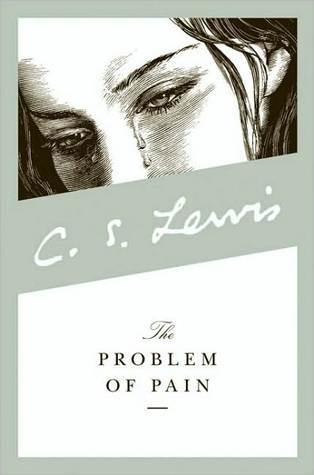More on this book
Community
Kindle Notes & Highlights
when pain is to be borne, a little courage helps more than much knowledge, a little human sympathy more than much courage, and the least tincture of the love of God more than all.
The creatures cause pain by being born, and live by inflicting pain, and in pain they mostly die. In the most complex of all the creatures, Man, yet another quality appears, which we call reason, whereby he is enabled to foresee his own pain which henceforth is preceded with acute mental suffering, and to foresee his own death while keenly desiring permanence.
If the universe is so bad, or even half so bad, how on earth did human beings ever come to attribute it to the activity of a wise and good Creator?
Lay down this book and reflect for five minutes on the fact that all the great religions were first preached, and long practised, in a world without chloroform.
Christianity is not the conclusion of a philosophical debate on the origins of the universe: it is a catastrophic historical event following on the long spiritual preparation of humanity which I have described.
In a sense, it creates, rather than solves, the problem of pain, for pain would be no problem unless, side by side with our daily experience of this painful world, we had received what we think a good assurance that ultimate reality is righteous and loving.
‘If God were good, He would wish to make His creatures perfectly happy, and if God were almighty He would be able to do what He wished. But the creatures are not happy. Therefore God lacks either goodness, or power, or both.’ This is the problem of pain, in its simplest form.
because nonsense remains nonsense even when we talk it about God.
when human beings fight, the victory ordinarily goes to those who have superior weapons, skill, and numbers, even if their cause is unjust.
Try to exclude the possibility of suffering which the order of nature and the existence of free wills involve, and you find that you have excluded life itself.
The doctrine of Total Depravity—when the consequence is drawn that, since we are totally depraved, our idea of good is worth simply nothing—may thus turn Christianity into a form of devil-worship.
If God is Love, He is, by definition, something more than mere kindness. And it appears, from all the records, that though He has often rebuked us and condemned us, He has never regarded us with contempt. He has paid us the intolerable compliment of loving us, in the deepest, most tragic, most inexorable sense.
The problem of reconciling human suffering with the existence of a God who loves, is only insoluble so long as we attach a trivial meaning to the word ‘love’, and look on things as if man were the centre of them. Man is not the centre. God does not exist for the sake of man.
If He who in Himself can lack nothing chooses to need us, it is because we need to be needed.
When we want to be something other than the thing God wants us to be, we must be wanting what, in fact, will not make us happy.
You can have no greater sign of confirmed pride than when you think you are humble enough. LAW, Serious Call, cap. XVI
The Holiness of God is something more and other than moral perfection: His claim upon us is something more and other than the claim of moral duty.
God whispers to us in our pleasures, speaks in our conscience, but shouts in our pain: it is His megaphone to rouse a deaf world.
The peculiarity of the Christian faith is not to teach this doctrine but to render it, in various ways, more tolerable.


